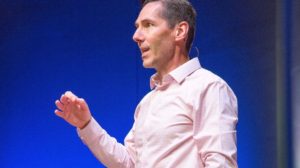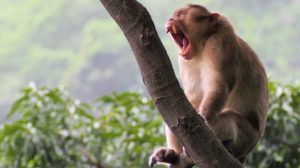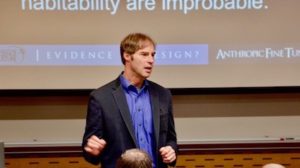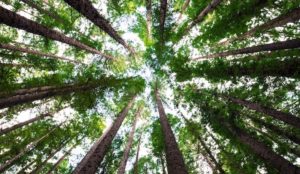
Science and Culture Today | Page 456 | Discovering Design in Nature


Retraction Watch Guys Hallucinate “Intelligent Design” Yet Again

Listen: Molecular Biologist Douglas Axe Explains the Protein Evolution Problem

New Head of Brazilian Education Agency Supports Free Speech in Origins Debate

Important Medical Effects but Modest Mutations

Join the Revolution! Summer Seminars Deadline Is February 4 for International Applicants

Coming on Darwin Day, a New Video Series — Secrets of the Cell with Michael Behe

Report from Darwin’s Café Bar

In Washington State, Assisted Suicide “Protections” Become “Barriers”






































